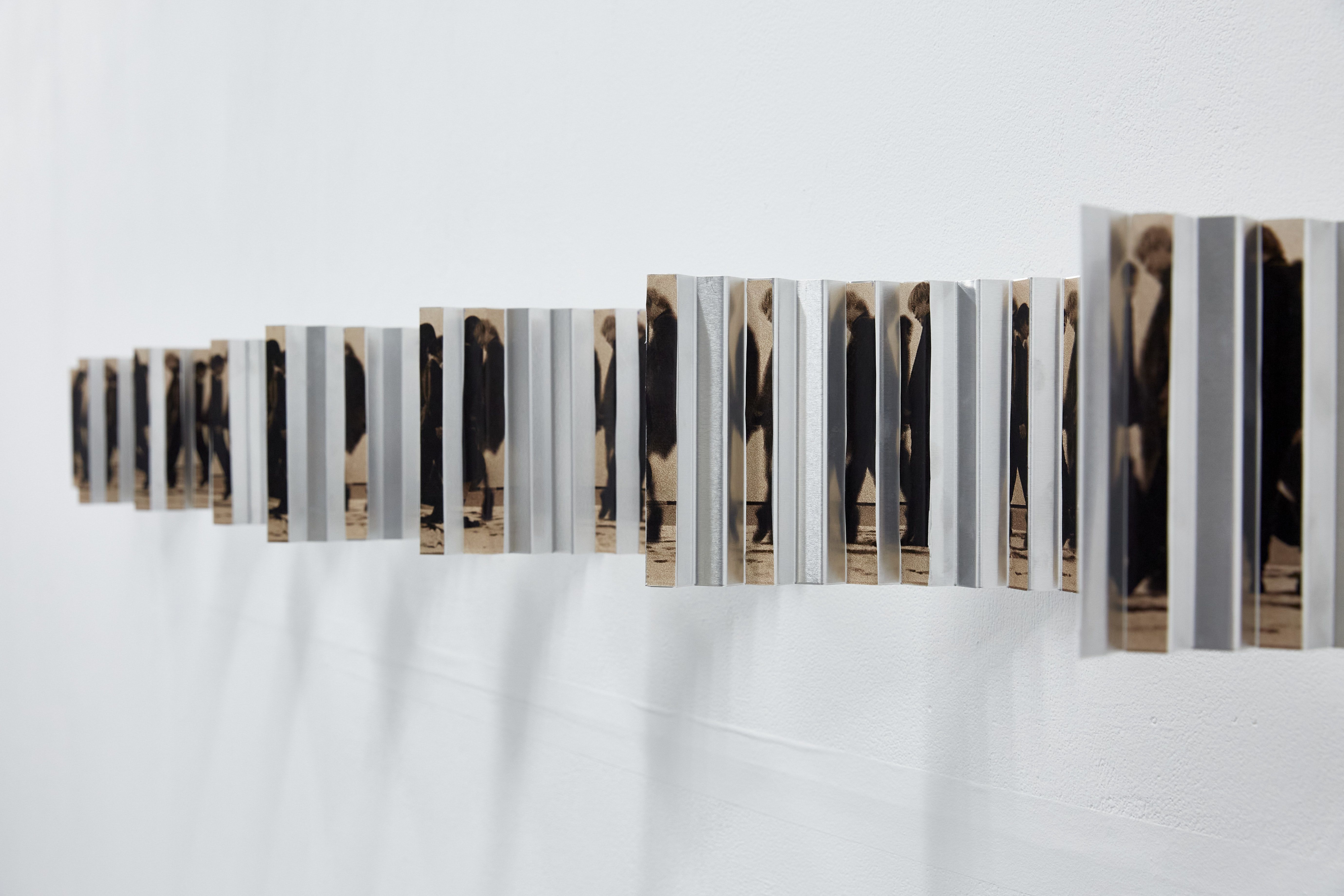
ReDigIm: Exploring the social meaning of taxation in the digital age

- Written byNicole Horgan
- Published date 01 April 2024

Across Europe, citizens are increasingly using digital tools such as websites, apps, payment technologies and social media to engage in practices of giving, sharing and donating. These new forms of prosocial contribution point to novel modes of citizen participation, solidarity and care for others, but they are also disruptive of established state-mandated forms of social provisioning, raising questions about the future of taxation systems in European welfare states.
Redistributive Imaginaries (ReDigIm), a three-year research and knowledge exchange project, brings together universities and civil society organisations from across Europe to investigate digital prosocial contribution. University of the Arts London (UAL) have joined with four universities and five cooperation partner institutions to explore the collective, common-sense understandings of redistribution that inform and give meaning to these practices, described as redistributive imaginaries. Funded by the Collaboration of Humanities and Social Sciences in Europe (CHANSE), ReDigIm aims to provide valuable insights for various stakeholders, from policy institutes to NGOs promoting civic participation.
As the project nears the halfway mark, its focus sharpens on sharing preliminary findings, fostering dialogue and enriching the research enquiry through talks and presentations. Most recently, Project Leader and Principal Investigator for UAL’s research team, Dr Rebecca Bramall, visited Helsinki, Finland, earlier this month to participate in the annual Tax Conference Veroareena as an international guest speaker, presenting on ‘The social meaning of taxation’. Organised by ReDigIm cooperation partner the Kalevi Sorsa Foundation, the conference welcomed experts from politics, policy-making and academia with an interest in economic policy and tax. This year’s meeting had a focus on EU and international tax policy, with other speakers including Dr Sarah Godar from the EU Tax Observatory, and Dr Paul Tang, chair of the European Parliament subcommittee on taxation.

During her presentation (which you can watch on YouTube), Bramall emphasized that tax is much more than just a technical instrument: it has rich cultural and social meanings. This can lead to discrepancies between how tax experts talk about tax and how citizens understand it, and exploring popular perceptions can help in crafting the argument for more progressive tax policies. Bramall also discussed how the digital economy influences social meaning about taxation, with tax policy increasingly debated on social media platforms, and crowdfunding platforms shaping expectations about welfare provision.
ReDigIm researchers are currently completing their second work package, which explores the affordances of digital platforms designed to facilitate prosocial contribution. More than thirty digital platform professionals from across Europe – founders, CEOs and managers – have taken part in qualitative interviews with ReDigIm researchers. Later this month, the team will meeting at Universitat Pompeu Fabra, Barcelona, to discuss their findings and particpate in an open seminar.
As ReDigIm progresses it continues to shed light on the interplay between digitalisation and prosocial contribution, paving the way for a more equitable future in European societies.
-
For more updates on ReDigIm, you can explore the project blog and sign up for the mailing list.